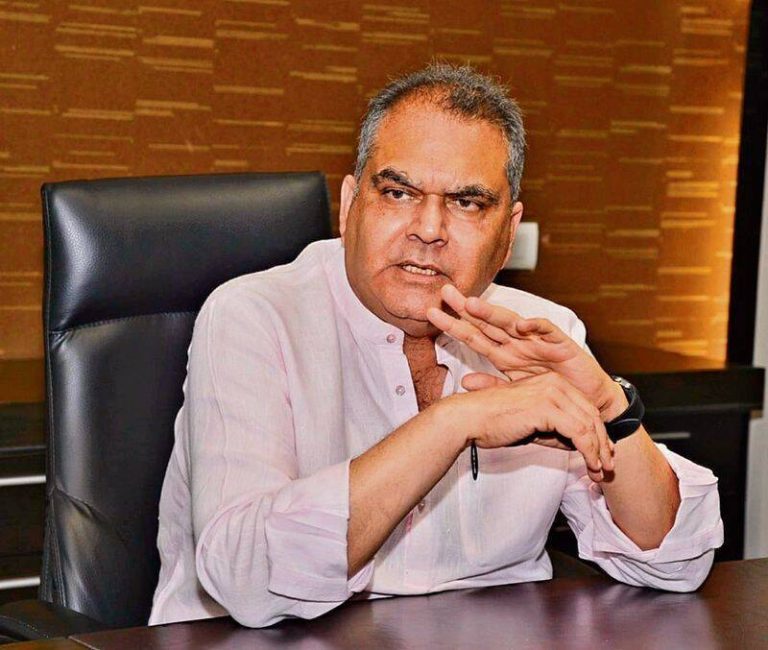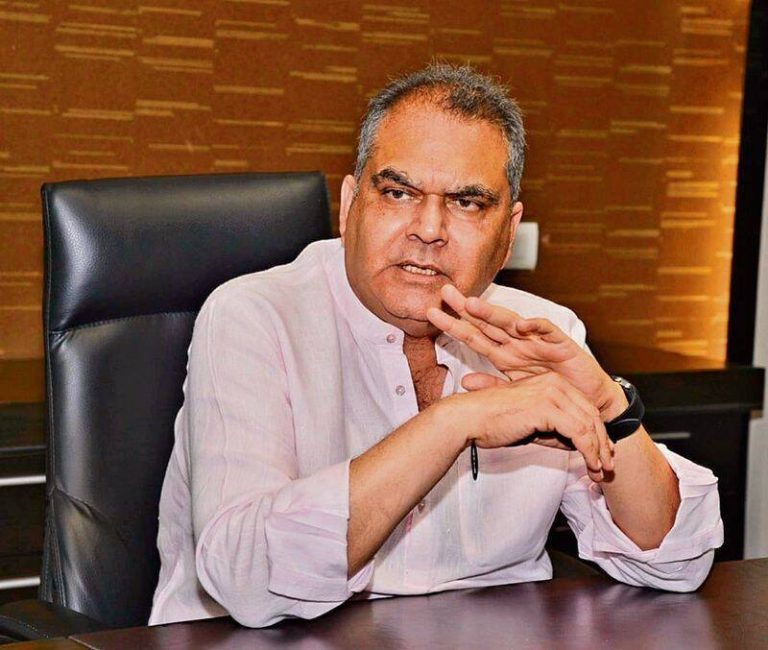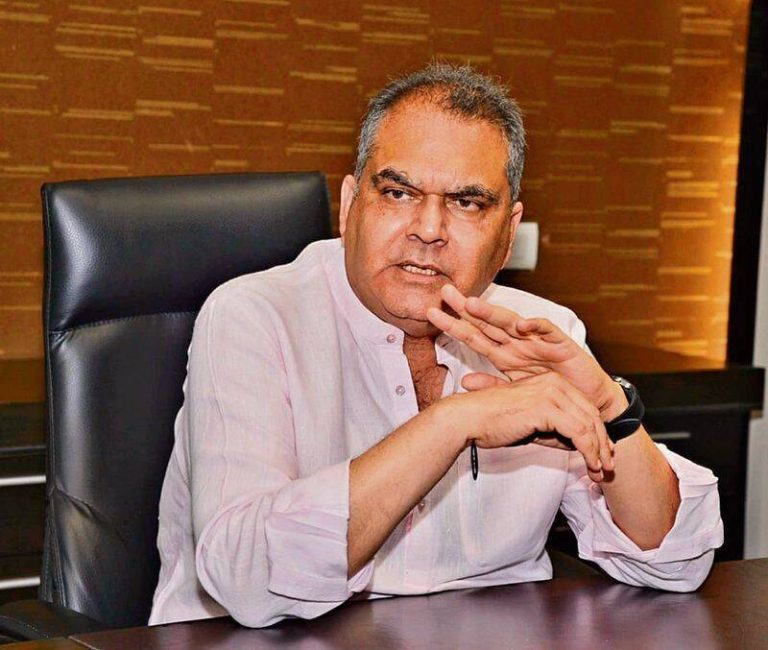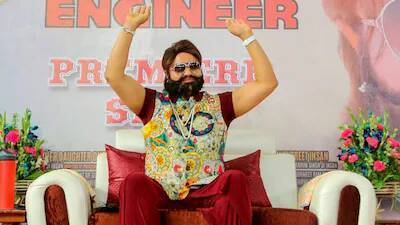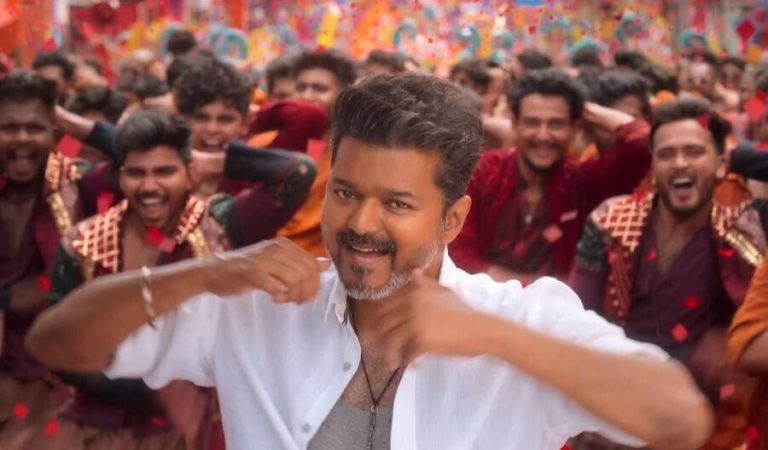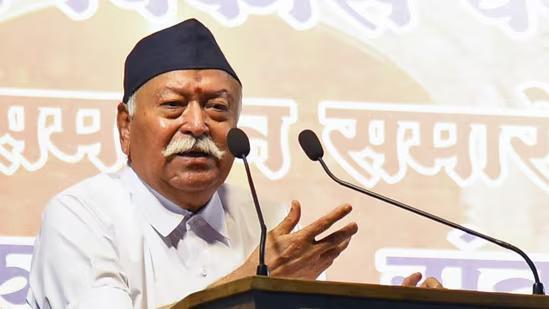
Muslims & Christians are also Hindus if they follow Indian culture: RSS chief Bhagwat
In a recent statement, Rashtriya Swayamsevak Sangh (RSS) chief Mohan Bhagwat has sparked a new debate by redefining the term “Hindu”. According to Bhagwat, anyone who takes pride in Bharat and follows Indian culture is a Hindu. This statement has far-reaching implications and has the potential to change the way we perceive and understand the concept of Hinduism.
Bhagwat’s statement was made during a public address, where he emphasized that the term “Hindu” is not limited to a specific religion or community. He said, “If Muslims and Christians, even without giving up their worship, customs and traditions, worship this country, follow Indian culture…then they are Hindus.” This statement is significant, as it challenges the traditional understanding of Hinduism as a religion and instead, presents it as a cultural and national identity.
By expanding the definition of Hinduism to include anyone who follows Indian culture and takes pride in the country, Bhagwat is attempting to create a sense of unity and inclusiveness. He is suggesting that Hinduism is not just a religion, but a way of life that encompasses a broader cultural and national identity. This approach has the potential to bring people together, regardless of their religious affiliations, and create a sense of shared citizenship.
Bhagwat’s statement also reflects the RSS’s vision of a “Hindu Rashtra” (Hindu nation), which has been a topic of debate in India for several years. However, Bhagwat clarified that India does not need an official label to be a “Hindu Rashtra” because its civilization already reflects it. He emphasized that the country’s culture, traditions, and values are inherently Hindu, and that this is what defines the nation, rather than a specific religious identity.
The implications of Bhagwat’s statement are far-reaching and have the potential to impact the way we understand and engage with different communities in India. By presenting Hinduism as a cultural and national identity, rather than a religious one, Bhagwat is attempting to create a sense of shared citizenship and belonging among all Indians, regardless of their religious affiliations.
However, this approach also raises several questions and challenges. For instance, how do we define Indian culture, and who gets to decide what constitutes it? How do we reconcile the fact that India is a diverse country with multiple cultures, languages, and religions, with the idea of a single, overarching Hindu identity?
Moreover, Bhagwat’s statement has also sparked concerns among some communities, who feel that this approach could lead to the erasure of their unique cultural and religious identities. For example, some Muslims and Christians may feel that their religious traditions and practices are being subsumed under a broader Hindu identity, which could lead to a loss of their distinct cultural and religious heritage.
In conclusion, Bhagwat’s statement has sparked a new debate about the definition of Hinduism and the concept of a “Hindu Rashtra”. While his approach has the potential to create a sense of unity and inclusiveness, it also raises several questions and challenges. As we move forward, it is essential to engage in a nuanced and respectful discussion about the meaning and implications of Hinduism, and to ensure that the rights and dignity of all communities are respected and protected.
Ultimately, the concept of Hinduism and the idea of a “Hindu Rashtra” are complex and multifaceted, and cannot be reduced to a single definition or label. As we navigate these complexities, it is essential to prioritize empathy, understanding, and respect for diversity, and to work towards creating a more inclusive and equitable society for all.
